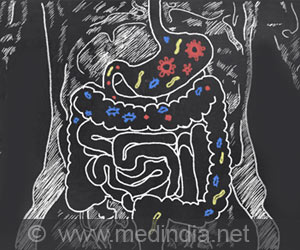The results determined a correlation between feelings of loneliness in their pre-adolescent years and current levels of alcoholism and stress.
“In young adults, childhood loneliness before age 12 was associated with perceived stress right now and affected dysregulated drinking,” said study author Julie Patock-Peckham, an assistant research professor in ASU’s Department of Psychology.
Advertisement
Alcohol abuse isn’t the only health problem linked to loneliness. In older adults, loneliness contributes to poor physical health, including dementia, heart disease and stroke.
The research predicts a grim future as alcohol usage continues to increase across the country. More women are turning to drink, according to data from the US National Institutes of Health that found that alcohol use in women is more likely to result in higher rates of alcohol abuse than it does in men.
Did COVID-19 Pandemic Add Fuel to the Flame?
Another study found that the COVID-19 pandemic was also responsible for a surge in drinking rates by as much as 14% in adults over 30, as people turned to alcohol to quell anxiety and isolation.
The authors say the study was conducted before the pandemic led to school closures and other forms of social isolation.
“The data used in this study were collected before the pandemic, and the findings suggest that we could have another public health crisis on our hands in a few years as today’s children grow up,” Patock-Peckham said in a university news release earlier.
“We need more research into whether mitigating childhood loneliness could be a way to disrupt the pathways that lead to alcohol use disorders in adults,” she said. “Combating childhood loneliness should help to reduce impaired control over drinking, especially among women.”
‘Being a lonely child’ is directly related to problems with heavy drinking, the report says. “Perceived stress has been directly linked to increased impaired control over alcohol,” it says.
Stress affects how a person turns to excessive alcohol, especially among women, the study suggests.
“We need more research into whether mitigating childhood loneliness could be a way to disrupt the pathways that lead to alcohol use disorders in adults. Combating childhood loneliness should help to reduce impaired control over drinking, especially among women,” Peckham concluded.
Correlation between childhood loneliness and alcohol tendencies in their adulthood, not a cause-and-effect link, was only found out by the researchers.
The study has been funded by the U.S. National Institute of Alcohol Abuse and Alcoholism.
Source: Medindia



